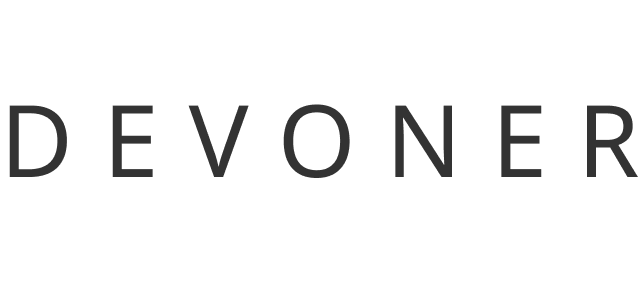In the fiercely competitive landscape of 2024, startups are under immense pressure to deliver products and services swiftly while minimizing operational costs. To navigate these challenges, many startups turn to outsourcing consultants for expert guidance and support.
But what exactly does an outsourcing consultant do? And how can they help startups excel in the ever-evolving business environment of 2024? This strategic guide delves into the role of an outsourcing consultant, providing startups with valuable insights to harness outsourcing as a competitive edge.
At Devoner, we empower our clients to connect with the best outsourcing consultants in their industry, ensuring their businesses reach their full potential. As more companies seek the professional advice and growth potential that outsourcing consultants offer, we’ve identified and outlined the key components to help you choose the best consultant for your business.
In this comprehensive guide, we’ll explore the benefits of hiring an outsourcing consultant, how to select the right one for your startup, and the steps needed to align their expertise with your company’s goals and brand identity.
Let’s dive in!
What is an Outsourcing Consultant?
An outsourcing consultant is a specialist who helps businesses identify and capitalize on outsourcing opportunities. They provide expert guidance in vendor selection, contract negotiations, and service level agreements, optimizing outsourcing strategies to achieve cost reduction and operational efficiency. From assessment to implementation, consultants offer end-to-end support, ensuring startups can meet their business objectives—whether it’s cost savings, access to specialized skills, or increased efficiency.
How to Hire an Outsourcing Consultant?
Hiring an outsourcing consultant involves careful research and consideration. A consultant provides industry-leading advice that can significantly enhance a startup’s business model. They assist in vendor selection and manage relationships throughout the outsourcing process, ensuring alignment with your company’s goals.
Step 1: Define Your Business Needs
To stand out in any industry, businesses need tailored strategies. Defining your business needs early on with your outsourcing consultant allows for more targeted and effective advice, leading to greater revenue and growth potential. Key elements to clarify before engaging a consultant include:
- Business Objectives: What are your primary goals? Are you focused on reducing costs, increasing efficiency, or accessing specialized skills?
- Project Scope: Which specific projects or areas do you want to outsource?
- Budget: How much are you willing to invest in outsourcing? A defined budget helps in selecting the right consultant and ensuring value for money.
Step 2: Conduct Extensive Research
Extensive research is crucial to finding the right outsourcing consultant. Utilize online platforms, industry associations, and professional networks to identify consultants who understand your industry and have the necessary resources. When evaluating potential consultants, consider their industry expertise, reputation, communication skills, cultural fit, and vendor management experience.
Step 3: Review Case Studies
Reviewing case studies provides insight into a consultant’s past performance and success rate. Look for clear statistical growth and track records that demonstrate the consultant’s capabilities and reliability. This step also allows you to evaluate the quality of the outsourced services they’ve recommended to previous clients.
Step 4: Evaluate Credentials
Evaluating and verifying a consultant’s credentials is essential for determining their reliability. Consider their track record, relevant certifications, and affiliations with professional organizations. Scheduling a consultation call to discuss their methodology, previous projects, and how they handle challenges can also help gauge their fit with your company.
Step 5: Lock in Your Shortlisted Options
After thorough research, case study reviews, and credential evaluations, finalize your shortlist of potential consultants. Schedule follow-up meetings to discuss details and negotiate contracts. Transparency about expectations, budget, and desired outcomes is key to avoiding misunderstandings and ensuring a successful partnership.
Step 6: Clarify Fees and Agreements
Before hiring, clarify fees, payment structures, and contractual terms. Consulting with legal counsel can help protect your long-term interests. Transparency in contract agreements is essential for maintaining a consistent and healthy professional relationship.
Step 7: Perform Regular Evaluation
Regular evaluation using data analytics can determine whether the consultant’s advice is positively impacting your business. Continuous assessment of the consultant’s performance and open communication will help identify areas for improvement, ensuring alignment with your business goals.
Qualifications to Look for in an Outsourcing Consultant
When choosing an outsourcing consultant, consider the following key qualifications:
- Clear Understanding: The consultant should understand your business goals and practices to ensure alignment.
- Ability to Scout Competing Businesses: The consultant should be able to analyze your industry and competition effectively.
- Communication Skills: Strong communication is crucial for a reliable and productive partnership.
- Adaptability and Innovation: The consultant should be adaptable and capable of generating innovative solutions.
- Transparency: Ensure the consultant is transparent about fees, methodologies, and potential conflicts of interest.
How Will an Outsourcing Consultant Help Businesses?
Outsourcing consultants offer valuable expertise in identifying opportunities for outsourcing. They guide vendor selection, contract negotiations, and service level agreements, helping businesses reduce costs, enhance operational efficiency, manage risks, save time, and scale effectively.
Key Takeaway
Outsourcing consultants can significantly contribute to a startup’s success by providing expert advice and support throughout the outsourcing process. By partnering with a reliable consultant, startups can streamline operations, reduce costs, and achieve their business goals with greater efficiency.


